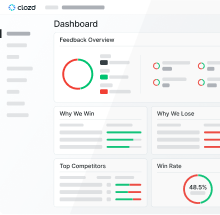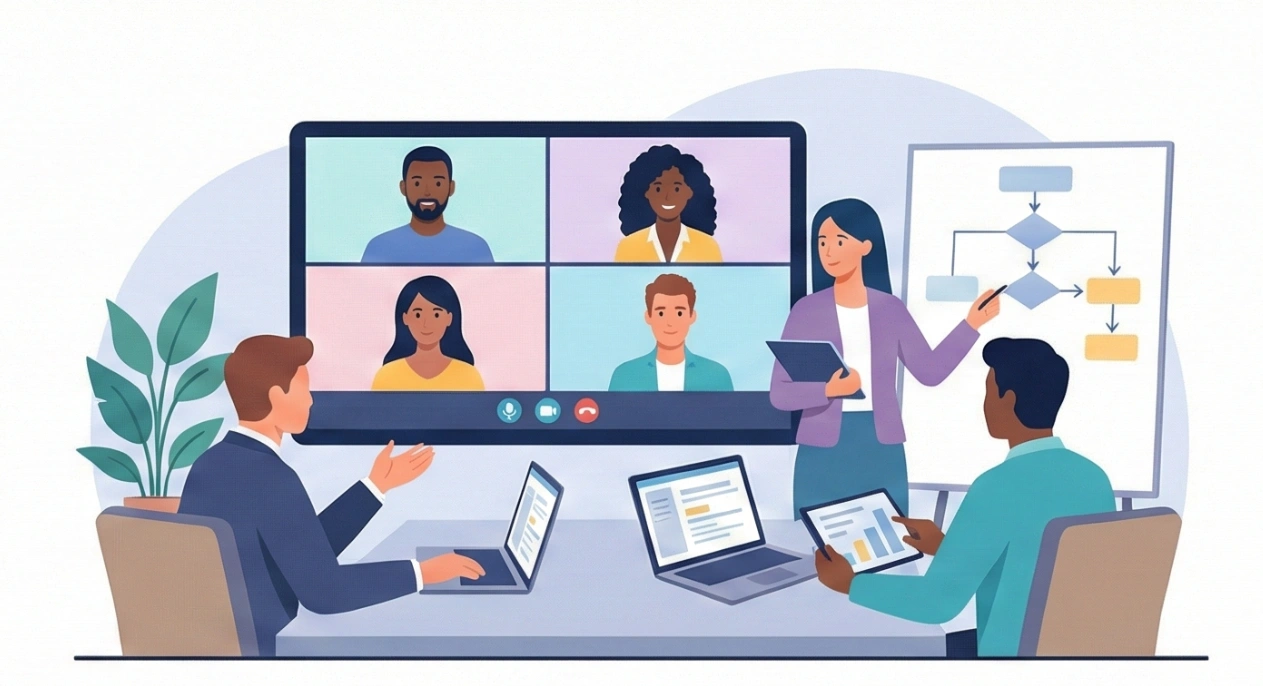
I remember the first time I heard the term.
I was working on a strategy consulting project for a global commercial construction company. I was helping the leadership team optimize its sales process. They wanted to create a best practice sales motion to improve their go-to-market efficiency (think dollar win-rate). Selling a major construction project is an incredible task. The sales cycle can take years and requires enormous investments of time and money.
As part of the project we were monitoring current pipeline to understand the sales process. One deal was of particular importance. My client had spent 18 months chasing a $400 million deal. They were confident that they were going to win.
When the bad news hit, all hell broke loose. “Did you hear we lost the deal?” was repeated over and over for the next 48 hours. And that’s when I heard it the first time, “We need to do a post-mortem.”
That was the first of many "post mortems" that I have participated in for multiple clients and employers in various industries. In general, they are a waste of time because they are plagued by several key shortcomings:
Fear and panic block truth and learning.
Rather than seeking the truth and identifying ways to improve, post-mortems often turn into a CYA (cover your ass) merry-go-round. Sales blames marketing, marketing blames sales, they both blame product, and the ride goes on. People are afraid and unwilling to have honest conversations about the outcome. Self-preservation chokes out accountability because the organization is not accustomed to win-loss feedback.
Companies only do it for big losses.
Losing can create a humble atmosphere, ripe for learning. But understanding why you win is just as important as why you lose. In-depth reviews of won deals can reveal a soft spot or niche in your market that's perfect for your company. Knowing why buyers choose you is important. It helps you extend your strengths and double-down accordingly.
Companies over-rotate based on a single deal.
A sample of one often becomes the most influential data point in a company. A single anecdote gets repeated throughout the org and resources shift to address the problem without understanding the scope or depth of the problem. Before you know it, everyone is running to one side of the boat and you miss the next quarter's bookings goal.
Most post-mortems lack proper perspective.
Similar to over-rotating, the losing team often doesn't recognize or acknowledge how far that particular deal fell outside of their sweet spot™. Often, the company had never delivered that service or won a deal of that size, so they shouldn't be surprised by the loss.
Everyone participates except for the buyer.
The losing company holds an expensive internal meeting (or meetings) full of speculation and anecdotes; but, no one talks to the actual buyer who actually made the decision.
With these shortcomings in mind, here are a few alternatives to the one off post-mortem:
Run an ongoing win-loss analysis program.
Review both wins and losses as part of your go-to-market operating rhythm. If you are not regularly getting post-decision buyer feedback, start there.
Interview the actual buyer(s).
Post-decision buyer feedback is probably the most powerful feedback you can get as a company. The buyer just voted with their budget (and reputation). At that point, you can get the clearest understanding of what drove their decision, how you stack up to your competitors, and what they perceive about your brand and product offering. By running a consistent program, you can look across deals to surface key decision drivers and identify your competitive advantages and disadvantages. For more win-loss analysis best practices, click here.
Use a third party to run the program.
Most buyers of complex solutions understand the investment your team has made and are willing to give candid feedback, especially when speaking with a third party. The third party will be perceived as unbiased by both the buyer (who provides the feedback) and the employees at your company (who review the feedback).
Build a culture of innovation.
By honestly reviewing both wins and losses, you can build a culture of learning and growth that will make your business more competitive. It can be particularly powerful to combine the buyer's feedback with data from your CRM and the perspective of the sales rep. Then, make those learnings available broadly to your organization so that everyone from the CEO down to the newest sales rep can get the scoop on how you compete and win.
Put the deal in proper perspective.
Compare each deal that you review against your basic sales stats including deal size, deal cycle, and lead source. This will help you put each deal into the proper perspective and realize how surprised you should or should not be with each win or loss.
In short, stop wasting time on post-mortems and get a pulse on your competitive positioning by formalizing and operationalizing an ongoing win-loss initiative.











.svg)




.png)





.svg)

.svg)




